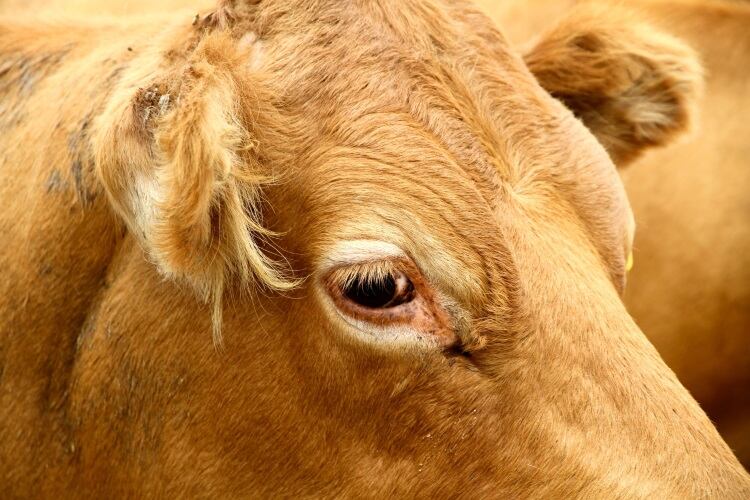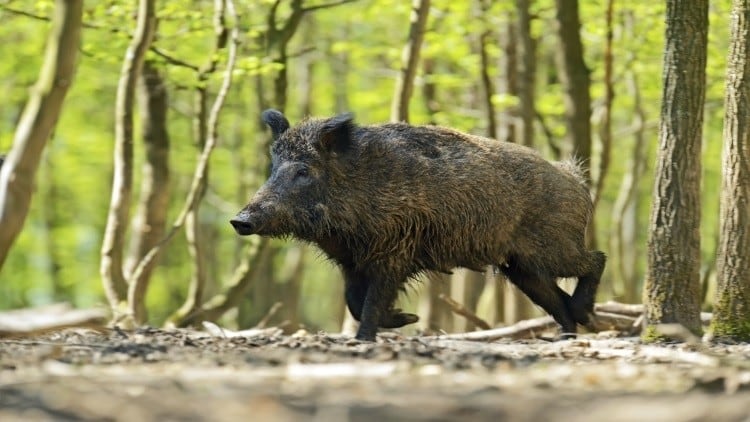The UK’s deputy chief veterinary officer Graeme Cooke has urged farmers to remain vigilant for the disease. The UK remains officially bluetongue-free, the risk of the disease remains low and exports were not affected, the Government said.
The virus is transmitted by midge bites and affects cows, goats, sheep and other camelids such as llamas.
Bluetongue does not affect people or food safety, but it can reduce milk yield and cause infertility in affected animals and, in the most severe cases, can be fatal. Midges are most active between May and October and not all susceptible animals show immediate signs of contracting the virus.
The UK’s Animal and Plant Health Agency (APHA) and the Pirbright Institute identified the disease in the animals when they were brought to North Yorkshire in England from an assembly centre in central France.
The two cattle were isolated and have been humanely culled.
Strict rules on the movement of livestock from regions affected by bluetongue are already in place and all animals imported from these regions must be accompanied by the relevant paperwork.
Cooke said: “This detection is an example of our robust disease surveillance procedures in action, but must highlight to farmers the risks which come with bringing animals from disease-affected areas into their herds.”
Cooke added that this was a “clear reminder” for farmers that the disease remains a threat, despite coming towards the end of the season when midges are active.
Farmers have been advised to work with their importer to make sure effective vaccination needs are complied with.
Farmers have the option to send animals without fully compliant paperwork back to France or to cull them as a measure to reduce the risk of disease spreading to UK livestock.
The most recent case of the disease in the UK came in 2007, but the UK has been officially free from the disease since July 2011.


